
.jpg) Adoption of flat steel products in commercial construction has increased significantly
Adoption of flat steel products in commercial construction has increased significantly
The global flat steel market is anticipated to cross $550 billion by 2025, growing at a CAGR of 4 per cent over the forecast period, according to a latest report of the sector.
Increasing penetration of flat steel products in infrastructure development due to its high performance, aesthetic appeal, and efficiency are expected to increase its market concentration over the coming years, noted Adroit Market Research report on global flat steel market, giving analysis of the market from 2015 to 2025.
The study provides an elaborative view of historic, present and forecasted market estimates from 2019 to 2025, which includes factors such as market drivers, restraints, opportunities, challenges, regulatory scenario, and world steel outlook. The market has been studied for historic years from 2015 to 2018, with the base year of estimation as 2019 and forecast from 2019 to 2025. In addition, the study also assesses the market competition with Porter’s five forces analysis and positions the key players based on their financial analysis and product benchmarking.
Over the past few years, adoption of flat steel products in residential and commercial construction has increased significantly owing to its exceptional durability, enhanced safety, and lightweight properties. Proposed construction activities in developed and developing nations are expected to further increase the flat steel market reach over the coming years.
The global flat steel industry is classified, in terms of materials, like carbon steel, alloy steel, stainless steel, and tool steel. Segment carbon is predicted to see substantial growth over the projected period. This accounts for a total market share of 40 per cent in 2018. Cost-effectiveness, recyclability, and durability has increased the popularity of carbon steel over the past few years and is expected to increase its adoption in the construction industry over the coming years. Due to its advantages compared with other materials such as shock & corrosion resistance, cost efficiency, environment friendly and protection, demand for carbon flat products from end-use industries is expected to grow.
In 2018, the flat steel industry in the Asia Pacific accounted for over 45 per cent of the overall market share. The increasing presence of a large number of automobile manufacturers along with significant economic growth has led to the rising demand for passenger cars & commercial vehicles in India, China, Japan, and South Korea. It is anticipated that growing policy policies to improve customer perception of increasing carbon emissions would increase the proliferation of electric vehicles, which is further anticipated to promote market growth. Flat steel sheets in the manufacture of auto components offer various advantages such as suitability for rigid manufacturing, corrosion & heat resistance and exceptional tolerance levels which make them ideal for automotive manufacturing. Rapid growth in the automotive sector in Middle Eastern countries is further expected to stimulate the region’s flat steel market due to low production costs, government incentives, and low tariffs.
Flat goods are distributed by direct supply arrangements or contracts with third parties. Manufacturers follow the technique of forward integration which enables them to sell their products directly to their clients. Companies including Tata Steel Limited and Essar have their own channel of distribution. Manufacturers continue to face major competitive threats from policies and activities that hinder foreign government trade. Emissions standards for the method of iron production are more than six times as stringent in the US as opposed to China. To combat these international trade-distorting activities, a more proactive US trade policy is needed to maintain and improve the nation’s industrial base.
Some prominent companies are ArcelorMittal, United States Steel Corporation, Nippon Steel & Sumitomo Metal Corporation, Tata Steel, Posco, China Baowu Steel Group Corporation Limited, Shagang Group, Shougang Group Co, Ansteel Group Corporation, SSAB, JFE Steel Corporation, and Thyssenkrupp.


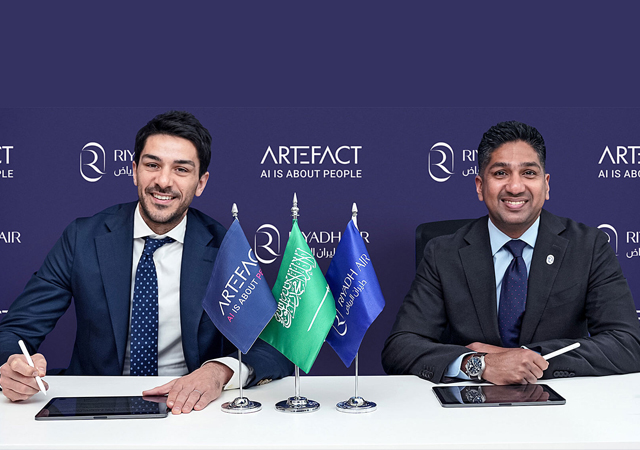
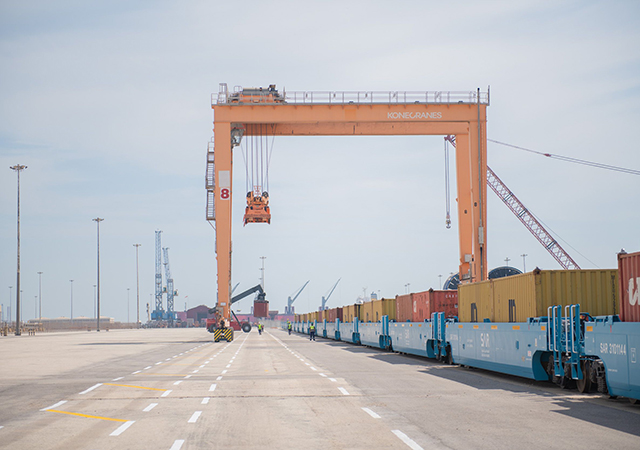
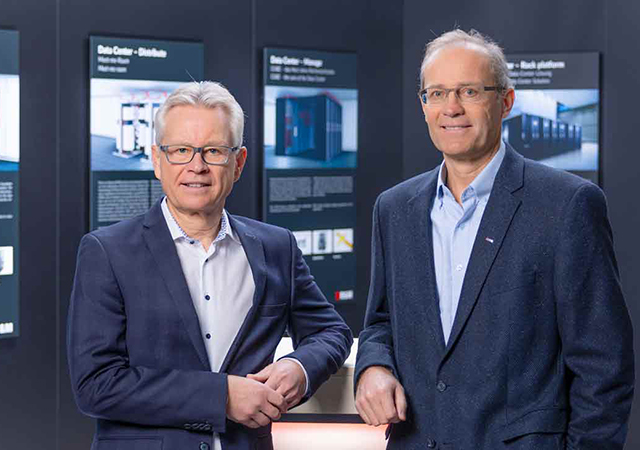

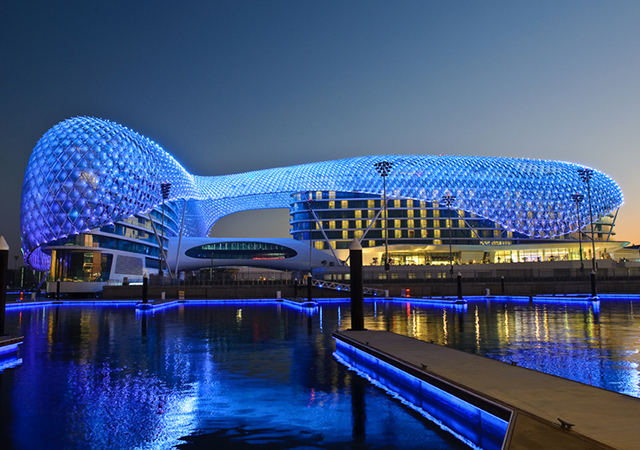
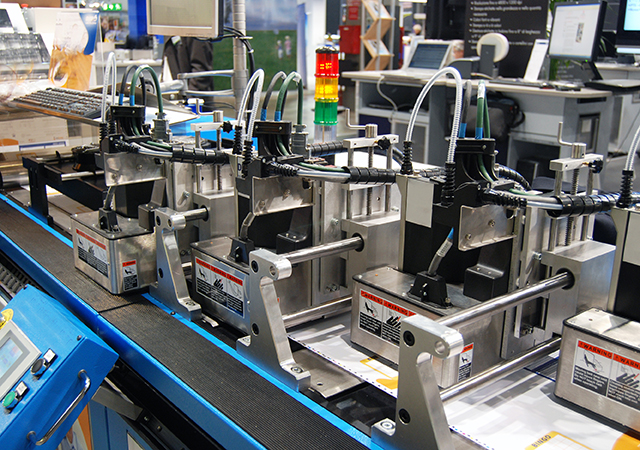


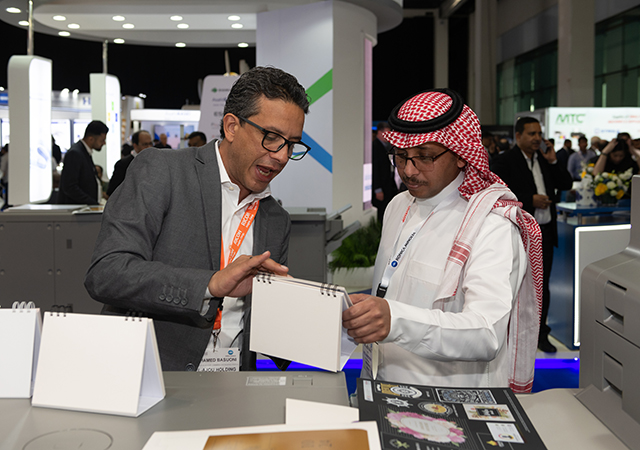
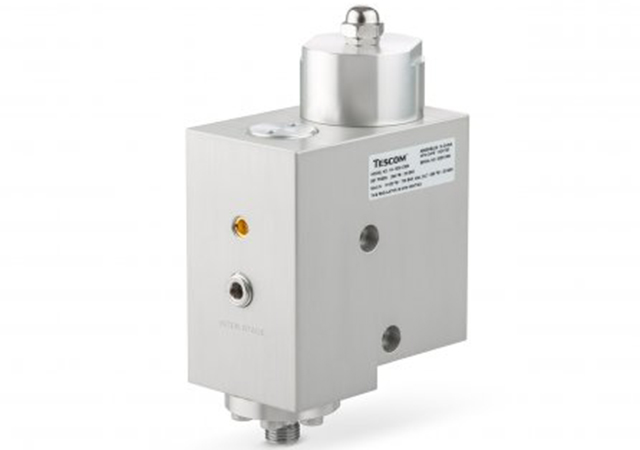
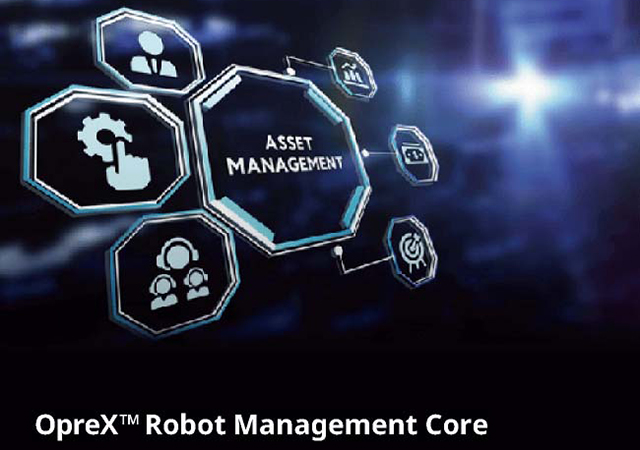
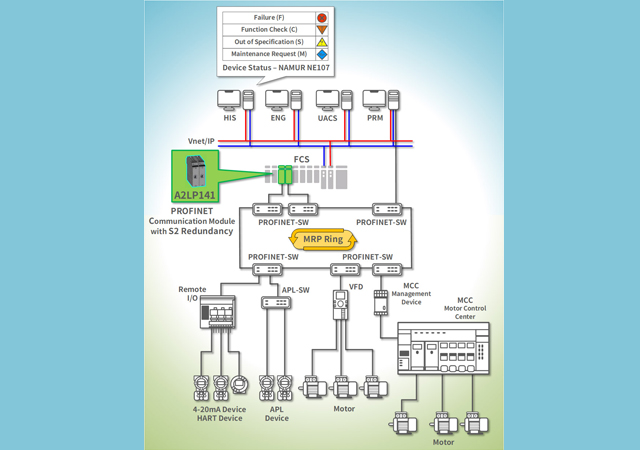

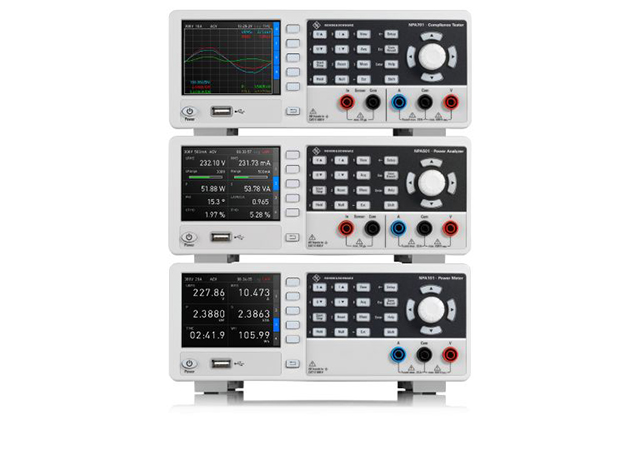
.jpg)



